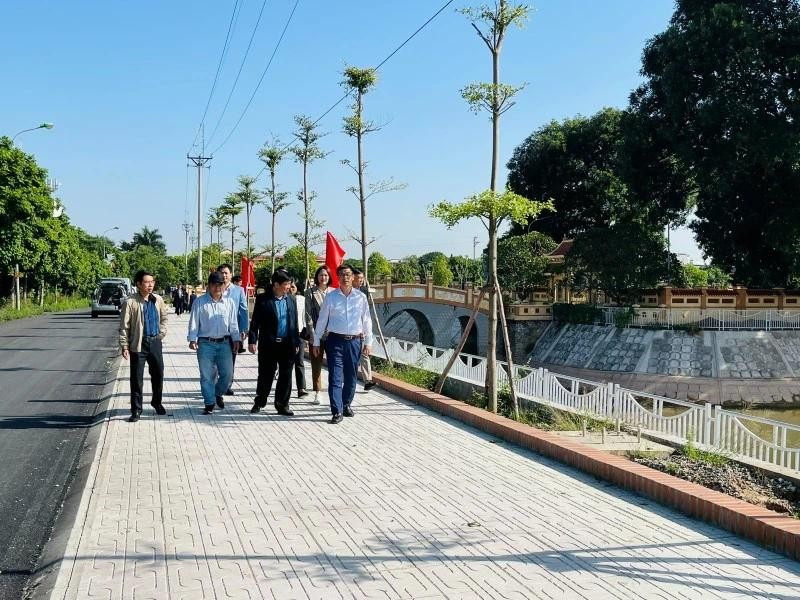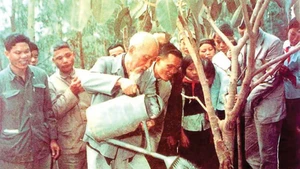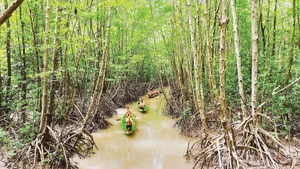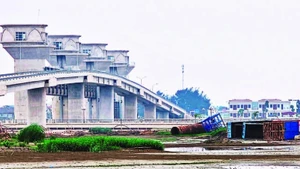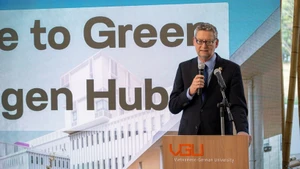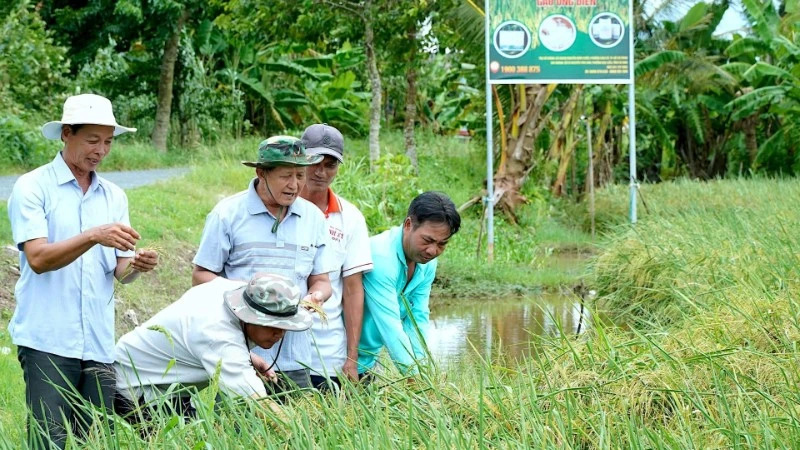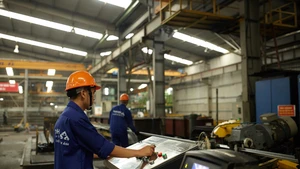In implementing the national target programme on new-style rural development, the entire political system and citizens of the capital city have joined efforts with unity and determination.
From 2010 to the end of 2024, the total resources mobilised for the programme in Ha Noi amounted to over 183.7 trillion VND, including more than 162.8 trillion VND from the state budget and the remainder from socialised capital sources.
As a result, rural areas in Ha Noi have become increasingly spacious and cleaner, with synchronised investment in transport and social infrastructure, narrowing the gap between urban and rural development. The material and spiritual lives of rural residents have been significantly improved.
In the process of new-style rural development, districts such as Dong Anh, Gia Lam, Thanh Tri, and Dan Phuong have associated the change with urbanisation and gradually met urban development criteria, especially those related to infrastructure.
Currently, 93.5% of rural households in Ha Noi have access to clean water from centralised water plants. The city aims to raise this to 100% by the third quarter of 2025.
Regarding waste treatment, the Soc Son waste-to-energy plant has come into operation with a daily processing capacity of approximately 5,000 tonnes of waste and a power generation capacity of 90MW, making a significant contribution to handling the city’s waste output.
To date, 100% of communes and districts in the city have been recognised as meeting the new-style rural standards. Among them, 229 out of 382 communes and five districts — Gia Lam, Dong Anh, Thanh Tri, Hoai Duc, and Thanh Oai — have been certified as meeting the criteria for advanced new-style rural areas. The average per capita income in rural Ha Noi in 2024 reached nearly 75 million VND per year. The city has eradicated poverty. Ha Noi leads the country in the implementation of the new-style rural development programme.
According to Nguyen Dinh Hoa, Deputy Director of the Ha Noi Department of Agriculture and Environment, the firm leadership of the municipal Party Committee, People's Council, and People's Committee, alongside the concerted efforts of departments, sectors, and especially the enthusiastic participation of the public, has achieved significant results regarding the rural development programme.
The city has fulfilled all 8 out of 8 criteria specified in Decision No. 321/QD-TTg of the prime minister regarding the conditions for recognising a province or city as having completed new-style rural development for the 2021–2025 period. Notably, Ha Noi has incurred no outstanding debt in basic infrastructure construction throughout the implementation process. The city has consistently developed specific annual plans and balanced resources to ensure progress and the quality of all criteria.
Members of the Central Appraisal Council, representing central ministries and agencies, highly valued the quality of Ha Noi’s application dossier for recognition. The documentation was carefully and systematically prepared, with complete legal bases and practical evidence, following the correct procedures. Ha Noi also seriously addressed and responded to most of the feedback from the previous review round, demonstrating a strong determination to reach the finish line in city-level rural development.
Additionally, delegates provided further recommendations, such as the need for Ha Noi to continue prioritising rural environmental protection. This includes accelerating wastewater treatment in new residential areas, investing in solid waste treatment infrastructure, and enhancing environmental hygiene management in craft villages. Furthermore, the city should continue to build on achievements in conserving and efficiently utilising its system of ponds and lakes; preserving the thousand-year-old identity of Thang Long, Ha Noi; and developing cultural industries in the process of building advanced and smart rural areas.
According to Nguyen Manh Quyen, Vice Chairman of the Ha Noi People's Committee, right from the outset of the new-style rural development initiative, the city clearly defined that the goal was not only to improve infrastructure but also to elevate rural quality of life. Ha Noi has undergone three key phases. The period from 2011 to 2015 focused on developing basic infrastructure. From 2016 to 2020, the emphasis shifted to building production linkage chains. And from 2021 to 2025, the city has been focusing on digital transformation and building smart, modern rural areas.
Ha Noi has also defined a distinctive agricultural development strategy, not aiming to maintain rice production merely for food security, but instead focusing on high-quality agricultural products with added value, serving local consumption and developing eco-urban models. Ha Noi’s agriculture consistently ranks among the top three provinces and cities nationwide. The city is simultaneously implementing projects to improve water environments, develop drainage and wastewater treatment systems, and carrying out plans to rehabilitate the To Lich, Nhue, and Day rivers.
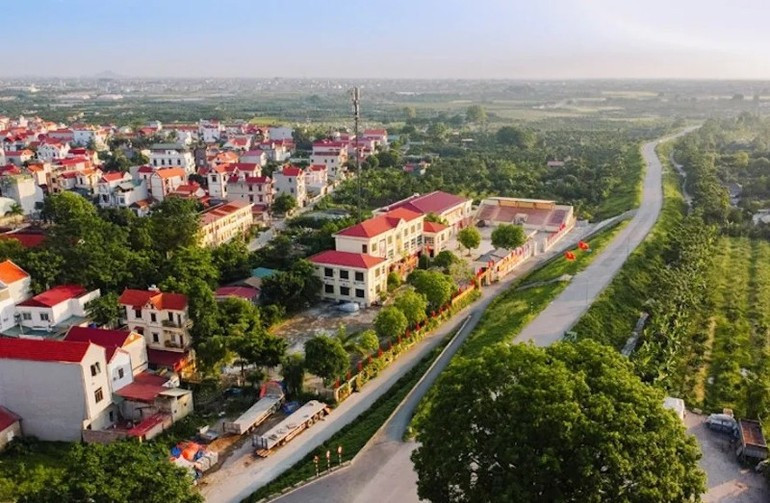
At the meeting to review and recognise Ha Noi’s completion of city-level new-style rural development tasks in 2024, Deputy Minister of Agriculture and Environment Tran Thanh Nam summarised the opinions of Central Appraisal Council members and confirmed that Ha Noi has fully met the criteria for recognition. He stated that following this meeting, the council would submit a proposal to the prime minister to issue an official decision recognising Ha Noi’s completion of the 2024 city-level new-style rural development task.
Ha Noi’s recognition as having completed its rural development mission is not only a source of pride for the city's Party Committee, authorities, and residents, but also provides a solid foundation for progressing towards advanced, model, and smart rural development in the next stage. To maintain and enhance the quality of rural development, the city will continue to implement mechanisms and policies to encourage localities to innovate production models, develop the rural economy, improve residents’ quality of life, and build rural areas into truly liveable communities.
